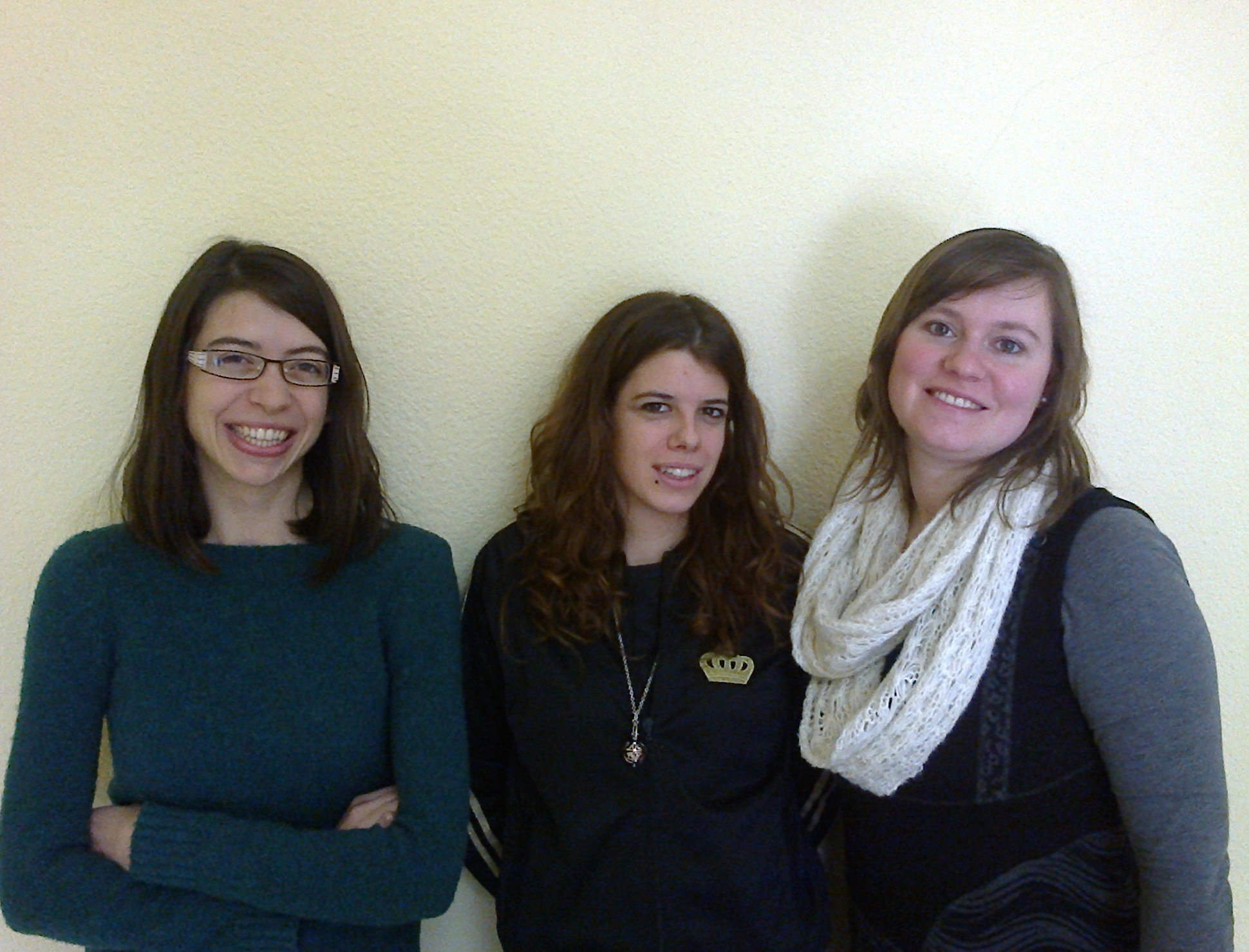Theme Leader: Prof. Valeria Pulignano, KU Leuven
Researchers: Sara Lafuente Hernandez, ULB; Mona Aranea Guillén, Oviedo; Dragos Adascalitei, CEU and Maria Richea, Evry
Specific scientific objectives:
• to examine Multi-National Corporation (MNC) HR strategies in the context of the current economic crisis;
• to understand the form and character of worker representation with a view to disseminating best practice.
Background:
Specific methodologies are utilised to ensure ESR familiarisation and necessary skills for a comparative analysis of OECD, Eurostat and labour force surveys in partner countries related to patterns of employment and to provide immersion experiences in employer/union partnerships. International research methodology will be crossnational, interdisciplinary and historical-institutional. Data will comprise employee narratives of experience and interpretation of workplace changes. Secondary data will be drawn from the European Industrial Relations Observatory, Eurostat, International Labour Organisation and the European Trade Union Institute projects (interalia – SEEurope database). Comparative fieldwork will examine both dominant conceptual frames of reference and the transformative character of these paradigms. It will also focus on the complexities of transnational transfer, contestation, and reconfiguration of these intriguing new management practices. Thus, methodologies used in these projects will include mapping and interpretation in national and international contexts of behaviours, attitudes and representations of employees in relation to labour rationalisation, and to new management and trade union agendas, specifically with reference to France and Hungary.
Extract from Changing Employment in Europe report:
In what ways is the employment relationship changing in the context of contemporary financial and neo liberal crisis? This is central to the activities of research in T1. Specifically, ESRs are exploring a range of new management agenda both from the point of view of their sui generis trajectory but also in the relation to labour (both collective) and employees in their individual defined relation to the enterprise and organisation both within and beyond the public sector in its various manifestations across Europe. What are the processes with which management and labour are combined to engage with; what are the forms taken by labour in response to the crisis and finally, how might we define the character and nature of the ideas, or, more appropriately, ideologies that define employees’ and mangers’ spaces and subjective ‘place-in the-world’ (Therborn)? The cross ESR Theme 1 project, in addition to a thematic book led by ER1 will involve a running photo project based on the usage of photography in research in the field of work and employment more broadly conceived. The aim is that it will be continually updated and publically displayed on our ChangingEmployment website.
Dissemination: paper submission to JIS 14èmes Journées Internationales de Sociologie du Travail, (“Margins of work and employment: forms, stakes, processes” June – 2014, université Lille 1, France. A second paper has been prepared for SCA 2014. “The Ends of Work”: A forum for panel construction, Detroit, USA. Secondment to Groupe Alpha-Consultingeuropa, is currently underway (February-March 2014). Position paper and research paper on cross thematic research agenda that includes ESRs from T1 and 2 researching multinational management research processes in manufacturing and service sectors. This has seen the development of an innovative parallel research agenda based on activities in two and eventually four seminars (first two at Oviedo and Leuven).

Theme 1 Fellows, L to R : Sara Lafuente Hernandez, Clara Aguila, Mona Aranea